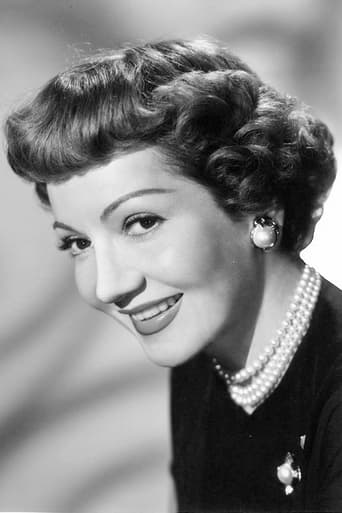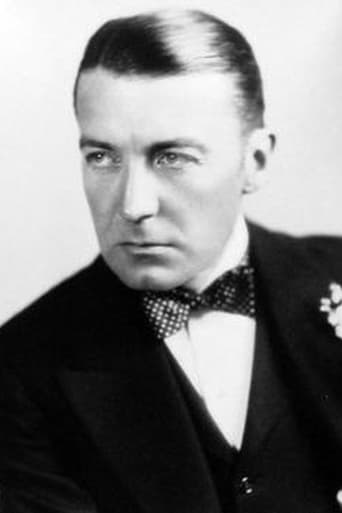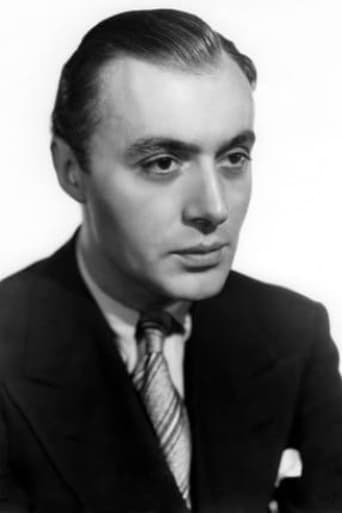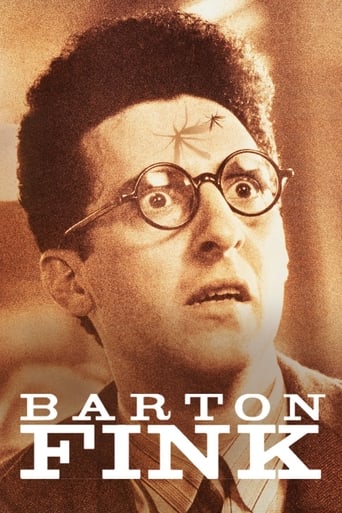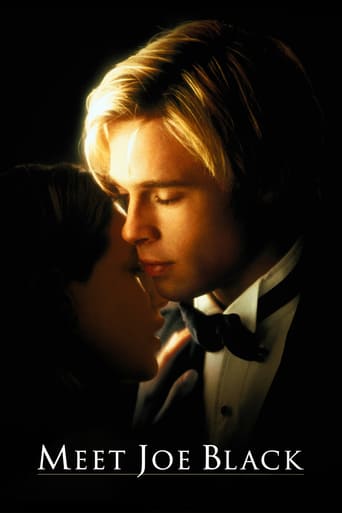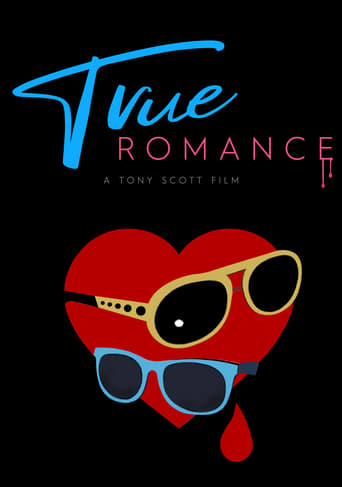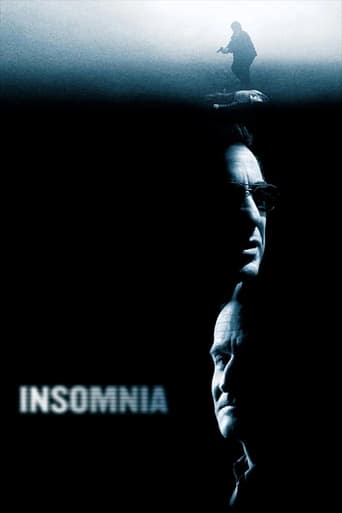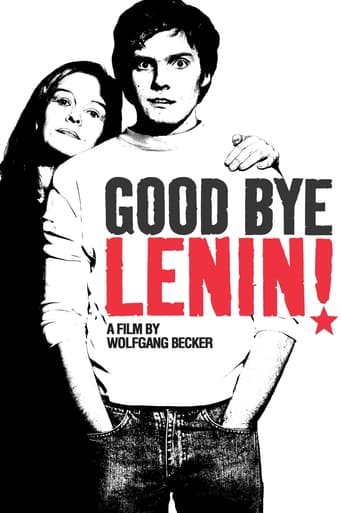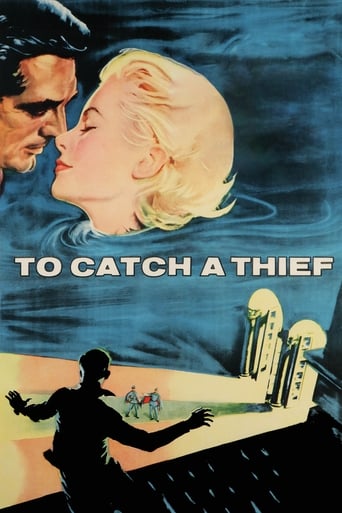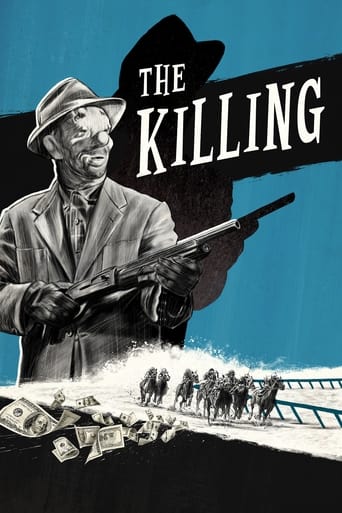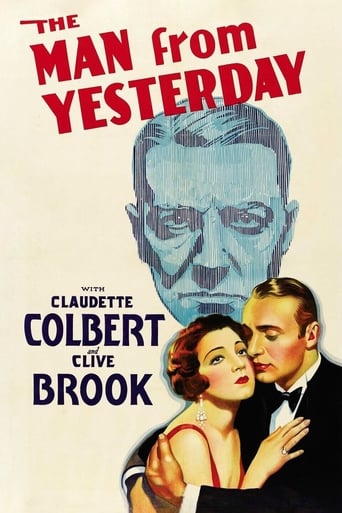
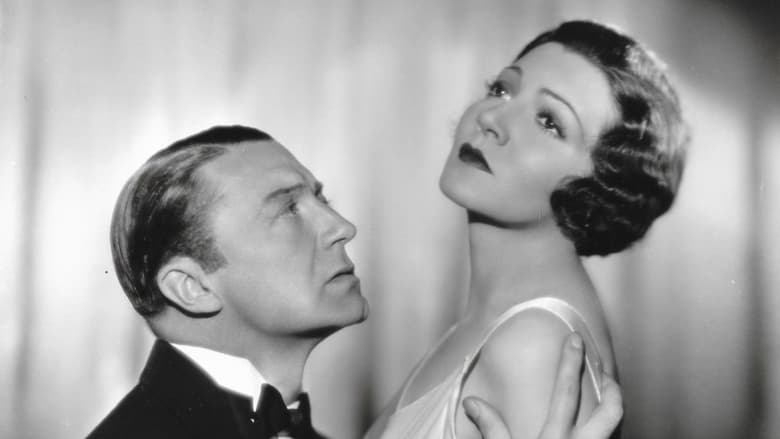
The Man from Yesterday (1932)
A woman whose husband never came home from World War I finds herself in love with her doctor. She travels with him to Switzerland, and as they check into the hotel there, she is astounded to see her supposedly dead husband.
Watch Trailer
Cast


Similar titles
Reviews
So much average
A Disappointing Continuation
I cannot think of one single thing that I would change about this film. The acting is incomparable, the directing deft, and the writing poignantly brilliant.
The film never slows down or bores, plunging from one harrowing sequence to the next.
This film almost wilfully makes a meal of a melodramatic but not terribly original storyline and takes it at a snail's space. The lovers played by Claudette Colbert and Clive Brook both live in considerable style, and the whole thing has lavish production values and as photographed by Karl Struss looks good; especially top-billed Claudette, although she gets no chance to display the knowing good humour we're accustomed to from her later roles. Brook and Charles Boyer both acquit themselves well, but the film takes far too long to tell such a simple story.
The film begins during WWI. Sylvia (Claudette Colbert) and Captain Tony Clyde (Clive Brook) are getting married in Paris. However, he's soon sent back to the front and soon he is terribly injured and assumed by his fellow soldiers to be dead. However, he's taken prisoner and Sylvia hears nothing from him. She does, however, meet one of his men while she's working as a nurse and he tells her Tony is dead!During the course of Sylvia's work with the military hospital, she works closely with Dr. Gaudin (Charles Boyer). Gaudin is a lovely man and they eventually fall in love. The war then ends and since she's heard nothing from Tony, she can only assume he's dead. She and her baby (yes, it's Tony's) stay in Europe and she travels with Dr. Gaudin as his assistant. They also plan to marry.Unfortunately, Tony accidentally bumps into Sylvia and her new love and instead of divulging who he is, he remains hidden--intending to let Sylvia continue believing he's dead. But she does learn he's alive and comes back to Tony with every intention of remaining his wife. But this is easier said than done. The war and his illness has changed Tony significantly and Sylvia still has strong feelings for the Doc. So what's to come of all this?I think this is an interesting plot because situations like this no doubt did occur following the war. After all, millions and millions of men fought in this pointless conflict and records and communication weren't great back in the day. So the idea certainly isn't far- fetched. However, it also leaves you wondering why the heck didn't Tony try to contact Sylvia sooner to let her know he was alive?! This is a bit of a plot hole if you ask me.Overall, this is a fairly good film but suffers from some script issues. In fact, I rarely say this but would love to see this film remade--fixing the plot problems and making the ending MUCH better. Instead, the film had a very abrupt ending and several things about the film just didn't make sense but could have with a slight re- write. Still, not a bad film....it had the potential to be so much better.By the way, Andy Devine is in the film in a supporting role. However, he really seemed out of place here...especially since he's usually in a film for comic relief and the film is anything but funny. Odd to say the least.
I've been working my way through Claudette Colbert's early films and this is one of the best. It doesn't offer the sauciness of "Torch Singer" and there are no milk baths in sight, but overall it's probably the most expansive production she was in, pre-"Sign of the Cross." For this is a "big" movie, the early '30s equivalent of a modern "event picture;" the sort of thing studios like to push just in time for the Oscars. It has some fantastic production values, only it's let down by a runtime insufficient to fully play out the story.Claudette (looking again like Betty Boop – I've gone on about this before but it's amazing how greatly this woman's appearance changed between 1932 and 1933) plays a young nurse who marries the ever-staunch Clive Brook. Why any girl would fall for this stoic killjoy is beyond me – and it's beyond the script, too. But regardless the two are mad for each other and spend a night out in WWI-era Paris, Clive a British soldier about to go back out into the field. We see him in battle shortly after this, a well-shot and produced scene which takes place right in the trenches. Soldiers stagger about in gas masks, machine guns rend the night, distant explosions provide brief snatches of illumination over the hellish landscape. I should point out that Karl Struss provided the cinematography and he's up to his usual skill in this scene and others.Overcome by poison gas Clive's left on the field, considered dead. Claudette is informed by one of his battalion mates and she passes out – also because she is pregnant with Clive's child. Enter Charles Boyer, playing his usual Gallic charmer; a field surgeon, he takes an instant liking to Claudette and promises to care for her and her coming child. Only we soon discover that Clive in fact is still alive, taken prisoner by the Germans along with an American soldier (gravelly-voiced Andy Devine). Years pass and Claudette lives with Boyer in Paris, raising Clive's son. The couple goes to Switzerland for vacation, where Boyer intends to provide a little help at the local sanatorium in which wounded WWI soldiers convalesce. You guessed it – Clive is one of those soldiers, and though his doctors claim he should've died long ago, he persists in living, sticking to a daily regimen and clinging to life. Everything comes to a head with Claudette caught between these two men, uncertain if she should continue to "be the wife" for the man she believed dead, or if she should follow her heart and stay with the man who has cared for her and her child these past few years.So really this is just a sumptuously-produced melodrama. A wealth of production details are thrown at what is a simple story too quickly told. For really the plot gets in the way, making certain characters seem too cruel or too stupid. As if realizing this, director Berthold Viertel handles affairs with a slick touch, fully capitalizing on the flawless art direction. Paris and Switzerland are recreated on the studio lot; in Switzerland we get an entire village, complete with taverns, boat-filled canals, and sweeping verandas. Paris too is expertly rendered, featuring bomb shelters and wide streets upon which several taxis jostle for space. It's all really incredible, and I have a feeling some of the sets (the canal in particular) are leftovers from Ernst Lubitsch's Paramount marvel of the same year, "Trouble In Paradise." We even get a bit of proto-special effects; in one scene Claudette watches a train leave the village, watching it through a window: her back is to us and we see the moving train out beyond, in the forest. Only, the jaded eye will soon realize it's nothing but a model train out there, moving through a miniature forest. But still, such simple and childish tricks only serve (for me at least) to make the film all the more enjoyable. I love the "artificial world" of old movies, and The Man From Yesterday takes place solely within one.All the actors come off well but as usual Boyer's accent is as thick as oak. The man has always reminded me as a Desi Arnaz prototype. Clive Brook is just as staunch and humorless as in "Shanghai Express" and any other movie he ever appeared in. And Claudette here plays more of a dramatic role than the more sultry types she played in her Pre-Code years; even though this film is a Pre-Code it really offers nothing that couldn't be shown once the Code was enforced. My only complaint, again, is that the story is not fully developed, which harms some of the characterizations. And also I wish I had a better copy – yet another of the many classic films never released on DVD or VHS, The Man From Yesterday is currently only available as a bootleg-quality DVDR, one which seems to have been sourced from 16mm. Meaning the majority of those fine production details just come off like a black and white blur on your screen. A pity.
SPOILER ALERT Notes from my mother's diary, written in 1933 when the film first came out:A triangle drama, in which a war-widow since her husband is supposed to have died in the war, but not definitely reported dead decides to satisfy both her conscience and her body by going away with the man she now loves. Of course out of the millions of hotels there are in the world, they go to stay at the one where husband is trying to recover from shell-shock.He lives long enough to suspend her love affair and dies most unexpectedly!


